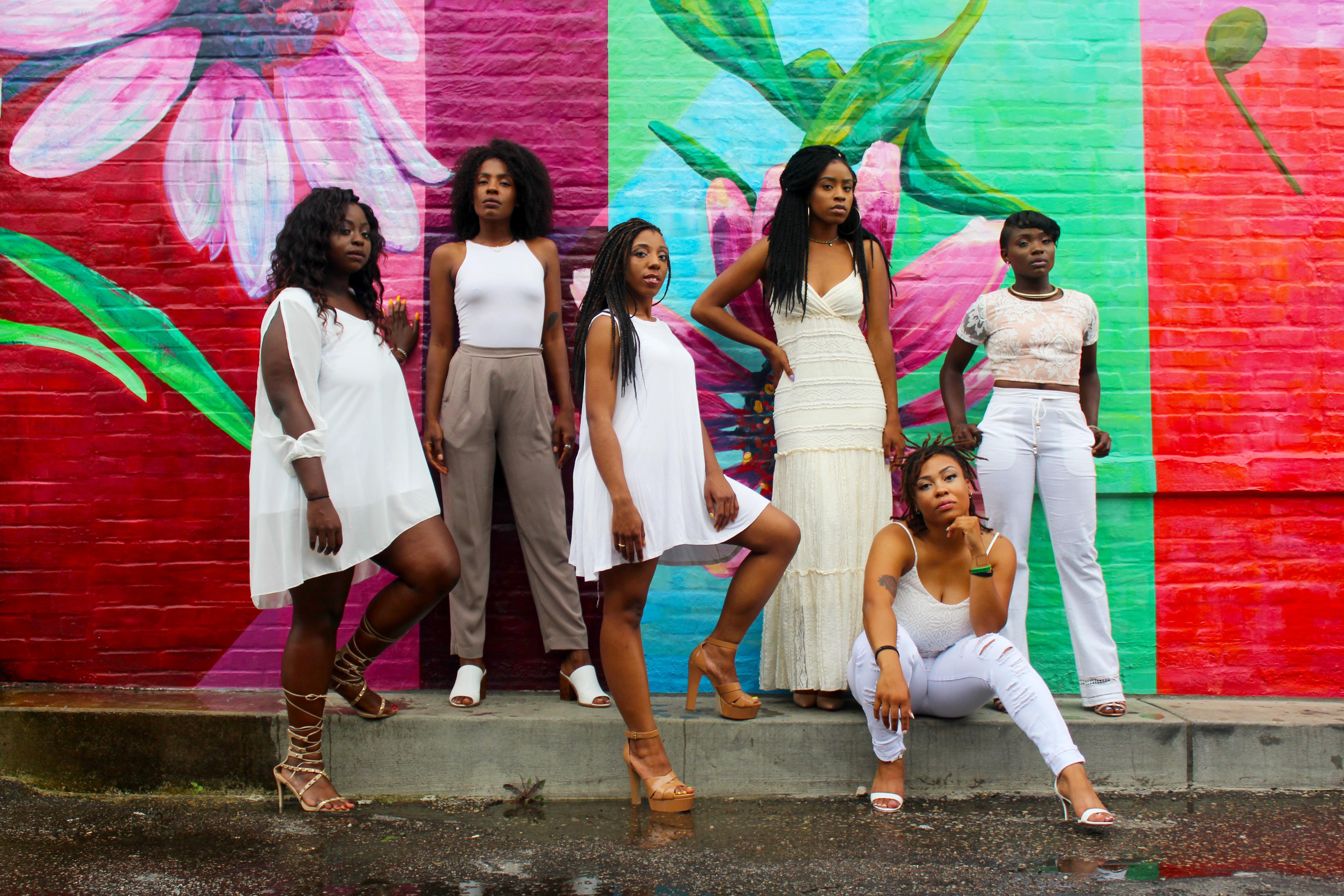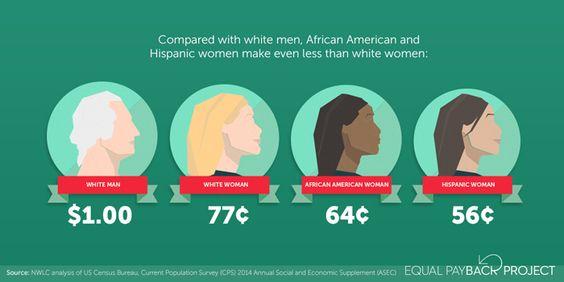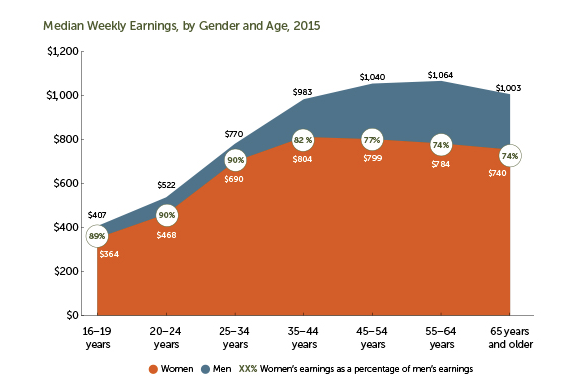Here’s Why Black Women’s Equal Pay Day Is On July 31

The Sewall-Belmont House holds a strong connection to the history of women’s fight for equality. As one of the oldest houses near the United States Capital, it was also where Alice Paul wrote the 19th amendment to guarantee women’s right to vote. Last year, it was designated as the Belmont-Paul Women’s Equality National Monument as a celebration of women’s rights. The date was April 12th, 2016 – Women’s Equal Pay Day.
Equal Pay Day is supposed to symbolize how far into the year the average woman will have to work until she earns the same as the average man earned in the previous year. However, the date does not apply to all women. For Black women, who make less than white women on average, Equal Pay Day is not until July 31. Thus, theoretically Black women have to work until that point in the current year in order to earn what a white man earned in the previous year.
A woman makes about 80 cents to a man’s dollar. We’ve all heard it said before but that doesn’t mean it’s true. After all, that statistic does not apply to all women. It would be better stated that a white woman makes about 80 cents to a man’s dollar. In comparison, the average African American woman makes a mere 63 cents to a man’s dollar with the average Latina woman making only 54 cents to a dollar. In fact, many women have made the case that April 12th being Equal Pay Day is discriminatory as well as neglectful of an entire population of women who fall behind on closing the wage gap.
When the Equal Pay Act of 1963 was signed, the wage gap for white women was about 40 cents. Over fifty years later, it has been halved. On the other hand, Black women have only narrowed their wage gap by in the same amount of time. This translates to a loss of nearly $22,000 a year. To close this gap, the average Black woman would have to work over 65 years in her career while a man would only have to work 40 years.
More than four million family households in the U.S. are headed by Black women. Over a third of these families live below the poverty line. If the pay gap closed for African American women, on average, each full-time working woman would be able to afford over two years of more child care or the cost of tuition and fees for a four-year public university.
This is not to invalidate the struggle that white women face. The wage gap affects all women and it exists for two main reasons. First, women are overrepresented in low-wage jobs and underrepresented in high-wage ones. A recent report shows that women make up over two-thirds of workers in lower wage positions.
Second, if we isolate job preference and education level as factors, women are still payed less. A few years ago, faculty at Skidmore College explored this idea through research. They created two identical resumes with only one difference: one had the name “John” at the top while the other had the name “Jennifer.” Upon sending these resumes to hundreds of prospective employers, they found that Jennifer was typically considered significantly less competent. Employers were less willing to offer her a job, and if they did, it was with a lower salary. On average, Jennifer was offered $4,000 per year less than John.
Even further, the wage gap increases as women get older. When a girl enters the workplace in her teen years, the wage gap hardly exists. However, as she grows into a young adult the divide between the pay she receives in comparison to the average man her age widens.
These are harsh facts that women of every demographic face. Women’s efforts are devalued and overlooked; the wage gap is a testament to that. However, it is important to acknowledge that not all women are represented in these statistics that are commonly presented to us. That is why Black women are not celebrating Equal Pay day until July 31st — because while the “80 cents statistic” may be someone’s truth, it is not theirs.
No matter the extent to which a wage gap exists, it still sends the same message that a women’s work is worth only a fraction of a man’s. The point is that we should not present these statistics as “one-size fits all.” For some women though, when we declare April 12th as Equal Pay day for everyone, we are doing just that.







